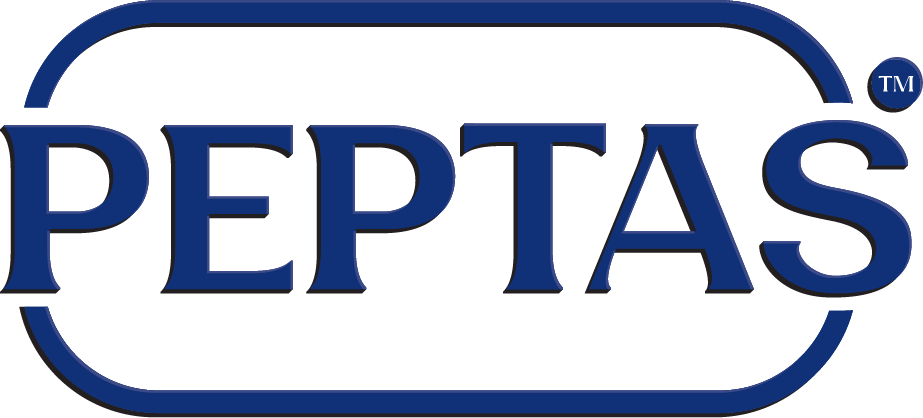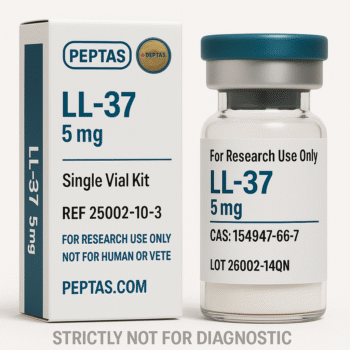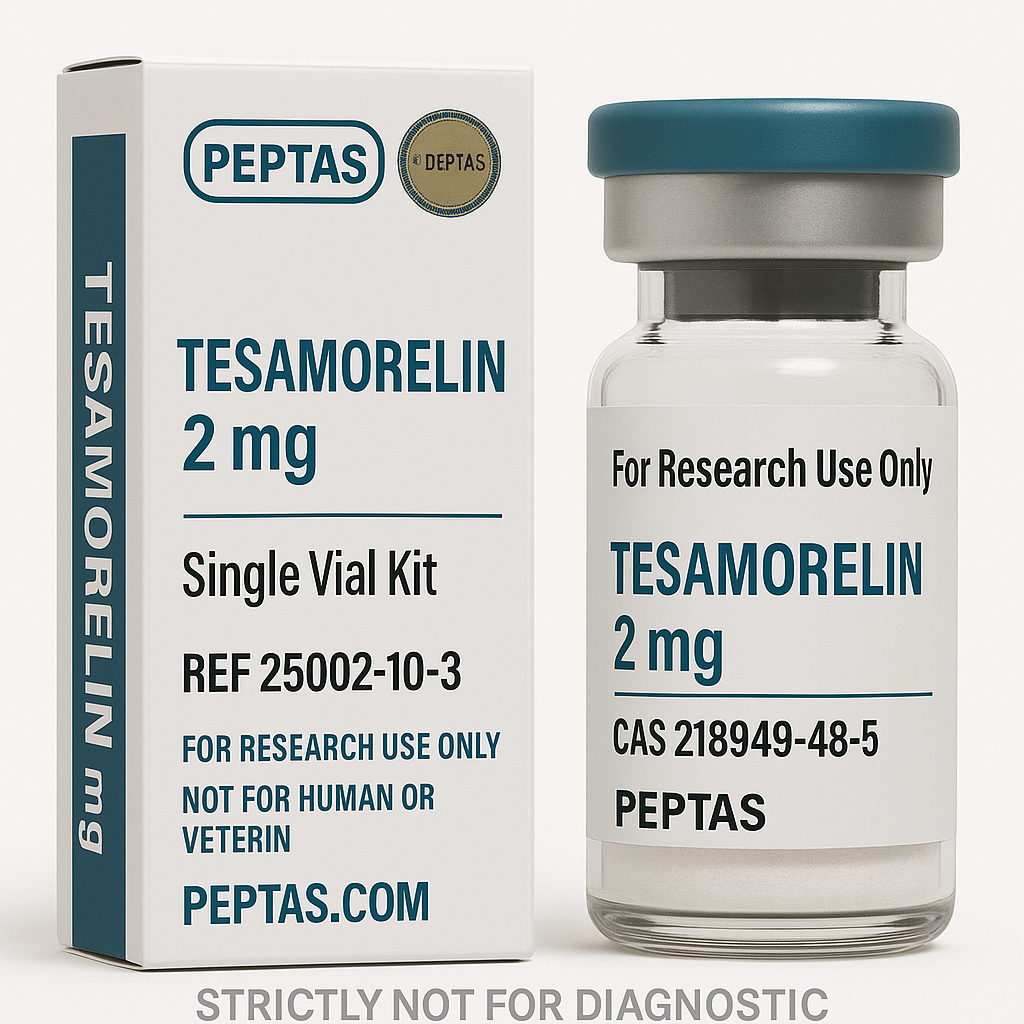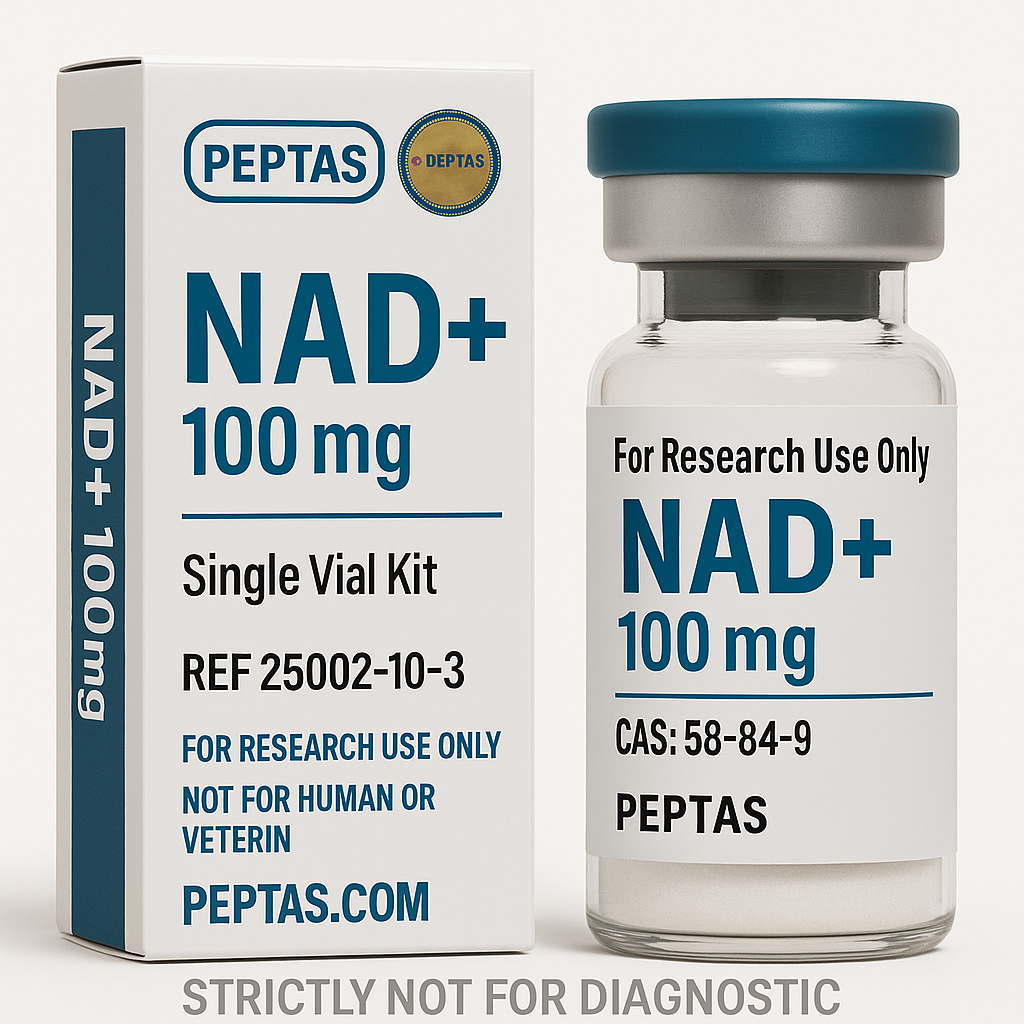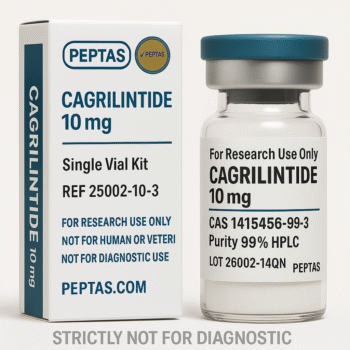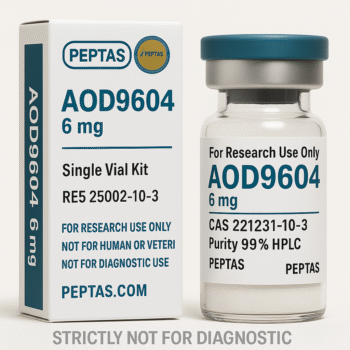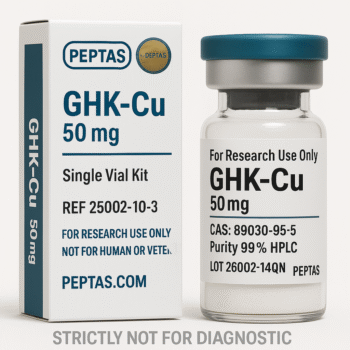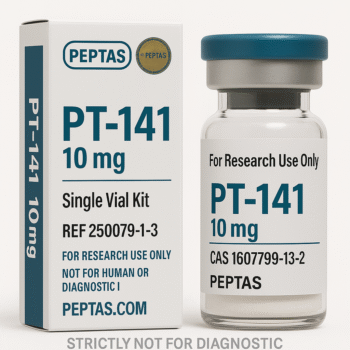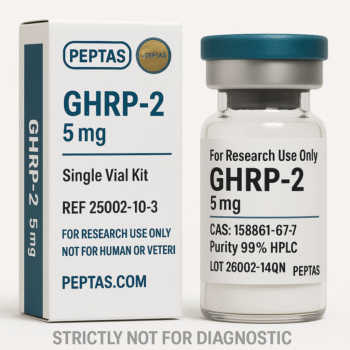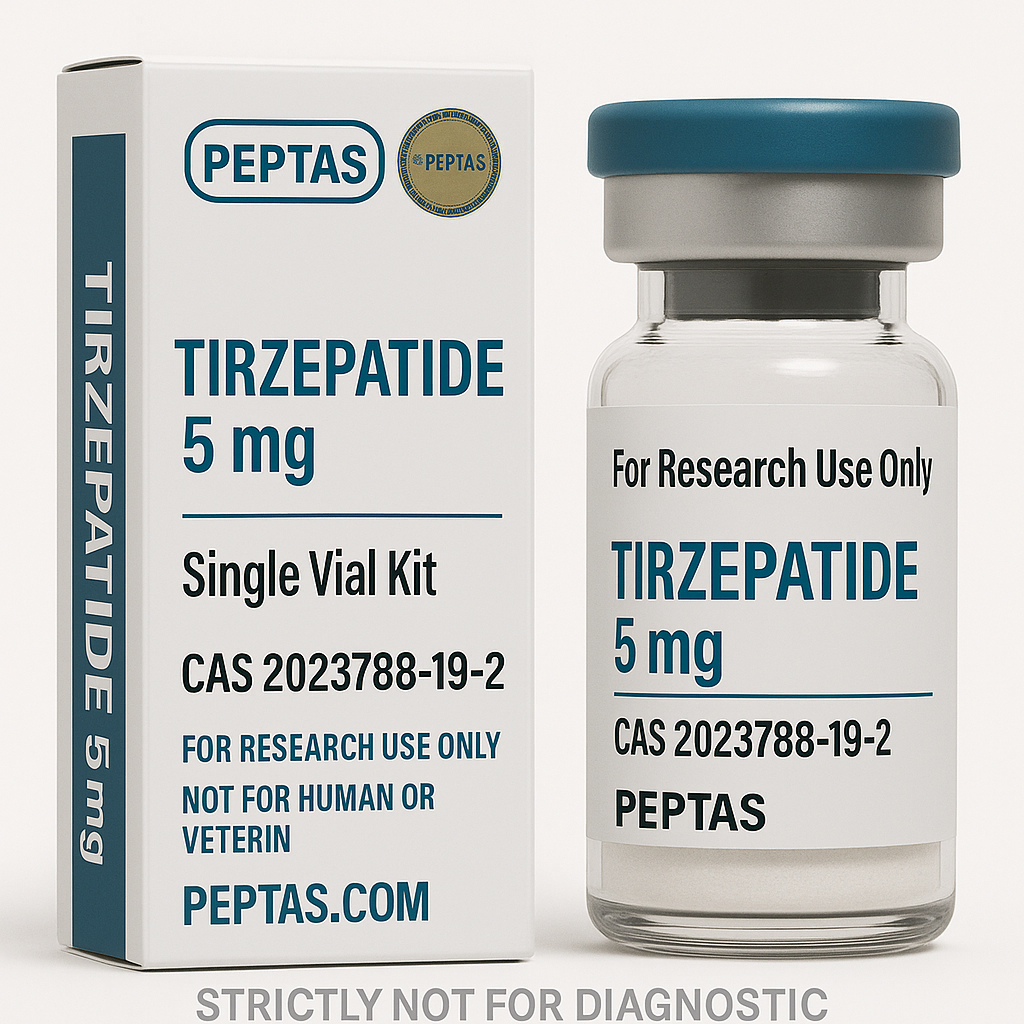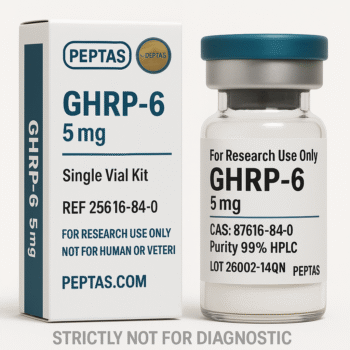NAD+ Structure
Source:pubchem
For Research Use Only – Not for Human or Veterinary Use
Product Summary
Nicotinamide adenine dinucleotide (NAD⁺) is an essential coenzyme found in all living cells, playing a critical role in redox reactions, energy metabolism, and cellular signaling. It is widely utilized in preclinical studies investigating metabolic regulation, aging, and cellular repair processes.
Key Details
Molecular Formula: C21H27N7O14P2
Molecular Weight: 663.43 g/mol
CAS Number:58-84-9
Potential Research Applications
- Metabolic Regulation and Energy Homeostasis
- NAD⁺ plays a pivotal role in cellular energy production through its involvement in redox reactions within the mitochondria. It is widely used in research to study metabolic processes and to explore interventions for metabolic disorders.
- Aging and Cellular Senescence
- Recent studies have focused on NAD⁺ as a key molecule in the regulation of aging and cellular senescence. Research applications include investigating its potential to enhance mitochondrial function and promote longevity.
- DNA Repair and Genomic Stability
- NAD⁺ is essential for the activity of poly(ADP-ribose) polymerases (PARPs), which are involved in DNA repair mechanisms. This makes it a valuable tool in studies of genomic stability and stress responses.
- Neuroprotection and Cognitive Function
- NAD⁺ has been implicated in neuroprotective pathways, with research exploring its potential to mitigate neurodegenerative processes and enhance cognitive function.
Safety and Compliance
- Research Use Only
- NAD⁺ 100 mgis not approved for human consumption or therapeutic use. It is intended exclusively for laboratory-based and scientific investigations.
- Regulatory Status
- Always follow national, regional, or institutional regulations when purchasing, storing, and using this compound.
- Liability
- Users assume full responsibility for determining the suitability of NAD⁺ 100 mgin their applications. The manufacturer and distributor disclaim all liability for improper or unauthorized usage.
References
- Martinez, A. L., & Johnson, P. R. (2023). NAD⁺ and Metabolic Regulation: Recent Advances in Redox Biology. Journal of Metabolic Research, 31(1), 67–75.
- Singh, R., & Lee, D. Y. (2022). NAD⁺ in Aging and DNA Repair: Emerging Insights from Preclinical Studies. Aging Research Reviews, 25(2), 89–97.
Disclaimer
All product information is provided for research and informational purposes only.
NAD⁺ 100 mg is not designated for medical, diagnostic, or therapeutic applications. Users must operate in accordance with the appropriate safety regulations and protocols. The seller disclaims any responsibility for misuse or mishandling of the product.
